#Giani Esposito
Explore tagged Tumblr posts
Text
youtube
Bon Soir 💙🎻🤡👌
Giani Esposito 🎶 Le Clown
25 notes
·
View notes
Text

Giani Esposito-Lucía Bosé "Así es la aurora" (Cela s´appelle l´aurore) 1956, de Luis Buñuel.
5 notes
·
View notes
Text
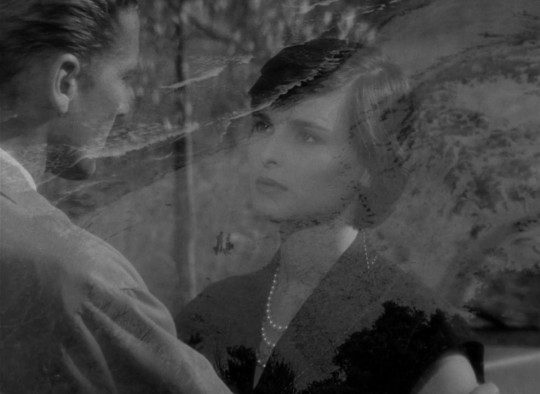





Cela s'appelle l'aurore (Luis Buñuel, 1956)
#Cela s'appelle l'aurore#así es la aurora#luis buñuel#lucia bosè#georges marchal#giani esposito#cat#abrazo#transparencia#french movie#french film#french cinema#1956
7 notes
·
View notes
Text
Bonnes nouvelles, grands comédiens - Giani Esposito lit un texte de Yasunari Kawabata : “La nouvelle élégie” (1ère diffusion : 07/08/1974)
0 notes
Video
youtube
LE CLOWN (1957). GIANI ESPOSITO. BERNARD BUFFET. + LYRICS.
0 notes
Photo


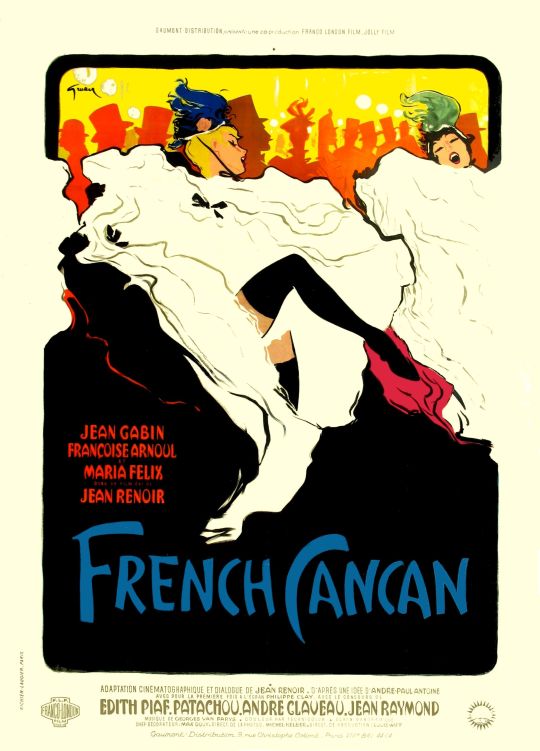
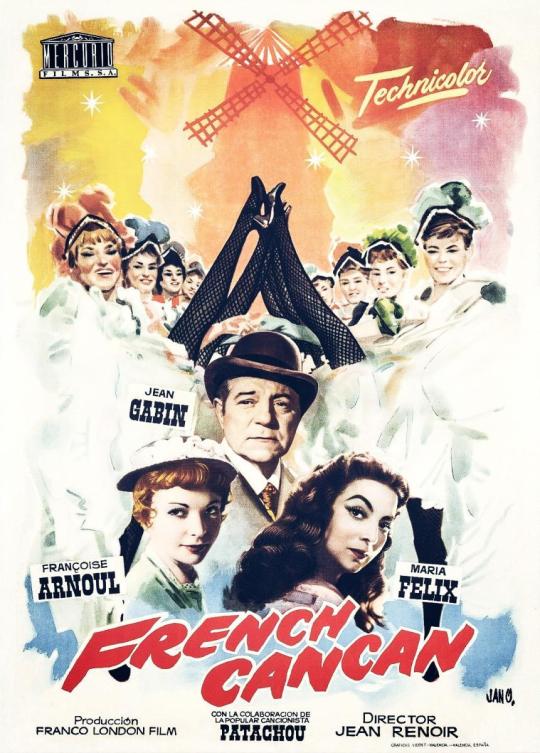
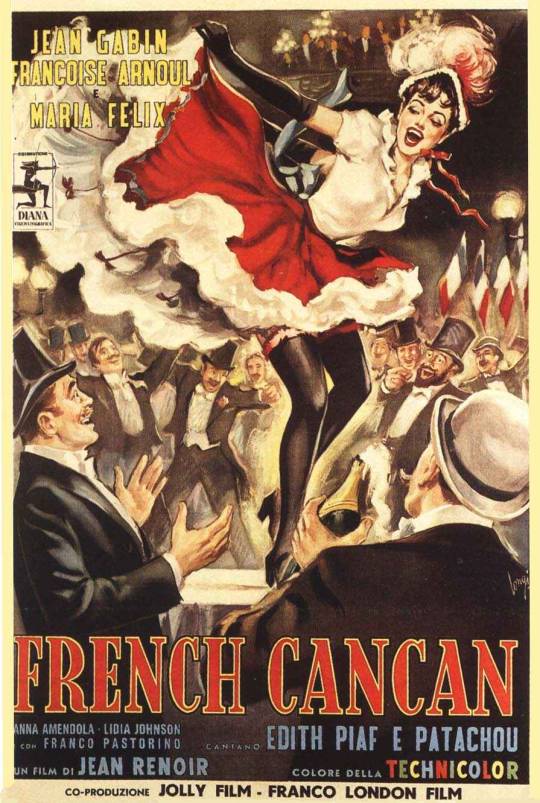

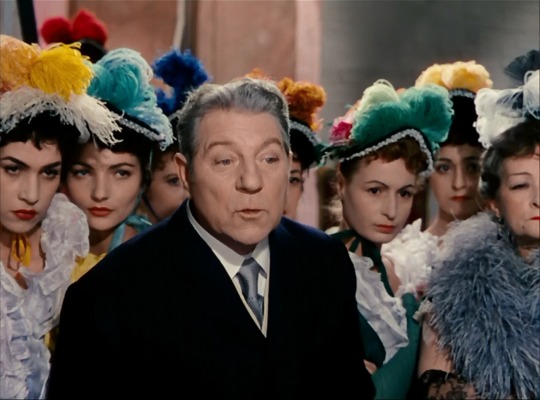

French Cancan (1955) Jean Renoir
January 1st 2022
#french cancan#1955#jean renoir#jean gabin#francoise arnoul#maria felix#jean-roger caussimon#philippe clay#giani esposito#franco pastorino#anna amendola#edith piaf#only the french can
4 notes
·
View notes
Photo
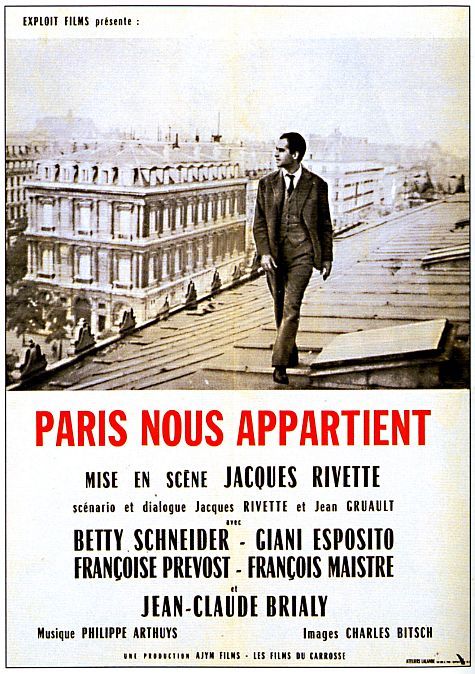
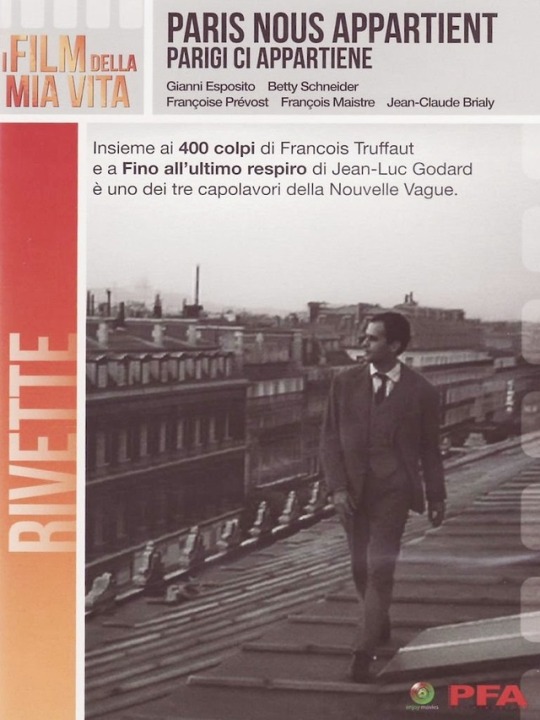
Paris nous appartient (1961) France | Jacques Rivette | 120min
#paris belongs to us#paris nous appartient#jacques rivette#betty schneide#giani esposito#francoise prevost#francoise maistre#jean claude brialy#france#mystery#movies 1960s#1961
10 notes
·
View notes
Text
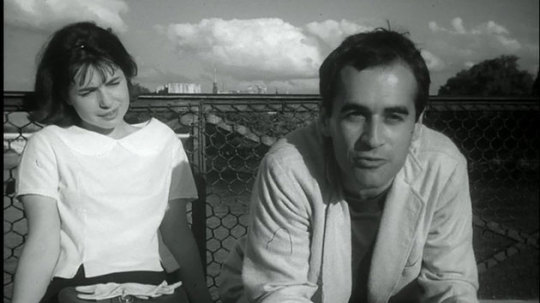
Betty Schneider and Giani Esposito in Paris Belongs to Us (Jacques Rivette, 1961)
Cast: Betty Schneider, Giani Esposito, Françoise Prévost, Daniel Crohem, François Maistre, Jean-Claude Brialy, Jean-Marie Robain. Screenplay: Jacques Rivette, Jean Gruault. Cinematography: Charles L. Bitsch. Film editing: Denise de Casabianca. Music: Philippe Arthuis.
Paris belongs to the French, which is one of the problems Francophobes have with it. And there's much for them to find problems with in Jacques Rivette's first feature, one of the key works of the French New Wave. Even I found myself squirming at the gallery of poseurs present at the party near the beginning of the film. But then I realized that the film is a kind of critique of poseurs: Everyone plays a role, it seems to be saying, and everyone tries to bend the narrative in their direction. The narrative of Paris Belongs to Us is a deconstruction of the political paranoia thriller: Its characters are caught up on a vast international right-wing conspiracy that may or may not exist. The idea that it does exist seems to be supported by the fact that several of its characters are exiles from Franco's Spain and Joe McCarthy's America, and the fact that some of them end up dead. The idea that it exists only in the minds of the characters seems to be supported by the fact that none of these anxious artists and intellectuals ever manage to accomplish anything: They're paralyzed by their own paranoia and egotism, or rather, like Lewis Carroll's Red Queen, they're running fast to stay in the same place. Rivette admired Lewis Carroll, so we can see his protagonist, Anne Goupil (Betty Schneider), as Alice in the Parisian pays des merveilles. She falls into the chaos of a production of Shakespeare's Pericles, a mess of a play that he probably wrote only half of, directed by Gérard Lenz (Giani Esposito), who is somehow ensnared in the political mesh that claimed the life of a composer named Juan, who had taped a guitar piece as accompaniment for the production. But after his suicide (if it was one) the tape has disappeared. Anne takes on the job of finding the tape, which leads her deeper into the mesh and into encounters with more strange characters. In the conclusion, nothing is concluded except the lives of several people, and the viewers are left wondering, "What was all that about?" Which is exactly what Rivette wants them to wonder. The film is like life: full of loose ends.
0 notes
Photo

Giani Esposito Reproduction interdite, Gilles Grangier (1957).
#Giani Esposito#Paul Gauguin#Gauguin#Reproduction interdite#Meurtre à Montmartre#Gilles Grangier#1957#1950s#capture#*
1 note
·
View note
Video
youtube
Giani Esposito - 'Le Clown' (Giani Esposito)
9 notes
·
View notes
Text








Cela s'appelle l'aurore (Luis Buñuel, 1956)
#cela s'appelle l'aurore#that is the dawn#luis buñuel#georges marchal#lucia bosè#giani esposito#cat#jesus christ#hammer and sickle#hoz y martillo#hug#abrazo#paul claudel#salvador dalí#1956#corsica#french film#french movie#french cinema
8 notes
·
View notes
Photo

Paris nous appartient | Jacques Rivette | 1961
Giani Esposito
184 notes
·
View notes
Photo

Lobby card advertising Jean Paul le Chanois’s Les Misérables (1958) with Giani Esposito and Silvia Monfort as Marius and Éponine [source]
that hair is certainly a choice
28 notes
·
View notes
Text
Regardez "LE CLOWN (1957). GIANI ESPOSITO. BERNARD BUFFET. + LYRICS." sur YouTube
youtube
0 notes
Text
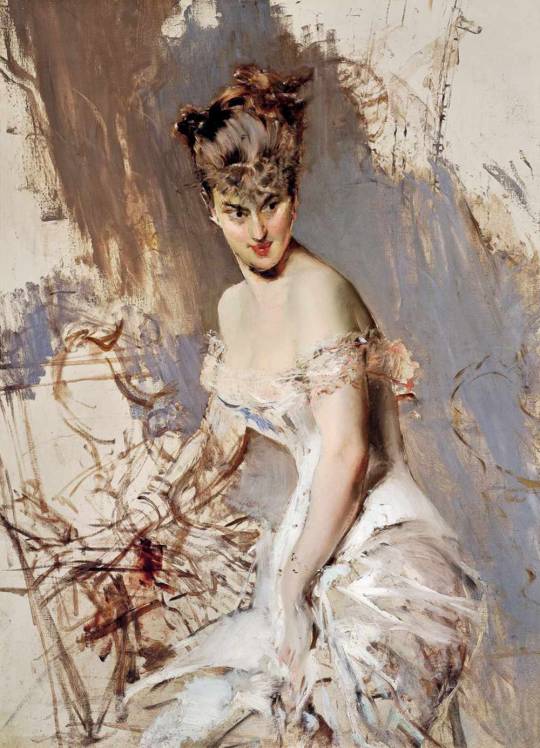
Giovanni Boldini. The look into the soul.
Anthological exhibition: Palazzo Albergati, Bologna
29 /09/ 2021 - 13/03/2022
click on the link below for more info ->
Audioguides in Italian and English available.
On the occasion of the ninetieth anniversary of Giovanni Boldini’s death (in Paris in 1931) the setting of Palazzo Albergati in Bologna, from the 29th of October 2021 to the 13th of March 2022, hosts the exhibition “Giovanni Boldini. The look into the soul “.
The Giovanni Boldini anthological exhibition with over ninety works is developed on a chronological and thematic narrative register at the same time, presents a rich selection of works that best expresses Boldini’s way, his ability to exalt female beauty with uniqueness and reveal the most intimate and mysterious soul of the noble protagonists of the time. A review that through some important works of comparison, also presents works by contemporary artists such as Vittorio Matteo Corcos, Federico Zandomeneghi, Gustave Leonard De Jonghe, Raimundo de Madrazo, Pompeo Massani, Gaetano Esposito, Salvatore Postiglione, José Villegas I Cordero, Alessandro Rontini, Ettore Tito, Cesare Saccaggi, Paul Cesar Helleu and Giuseppe Giani.
The works are the result of loans from the Museoarchives Giovanni Boldini Macchiaioli in Pistoia, which deals with the cataloging of the artist’s works, at the Giovanni Boldini Museum in Ferrara, at the Nervi Museums, at the Gallery of Modern Art – GAM in Genoa, at many other public and private collections. Curated by Tiziano Panconi, the artist’s greatest expert, the exhibition, created with the Study Committee for the celebrations of the ninetieth anniversary of Boldini’s death, chaired by Vittorio Sgarbi, produced by Arthemisia con Poema.
Edwin Alexander Francis voiced the audioguide / recorded at StudioColosseo, Rome
4 notes
·
View notes